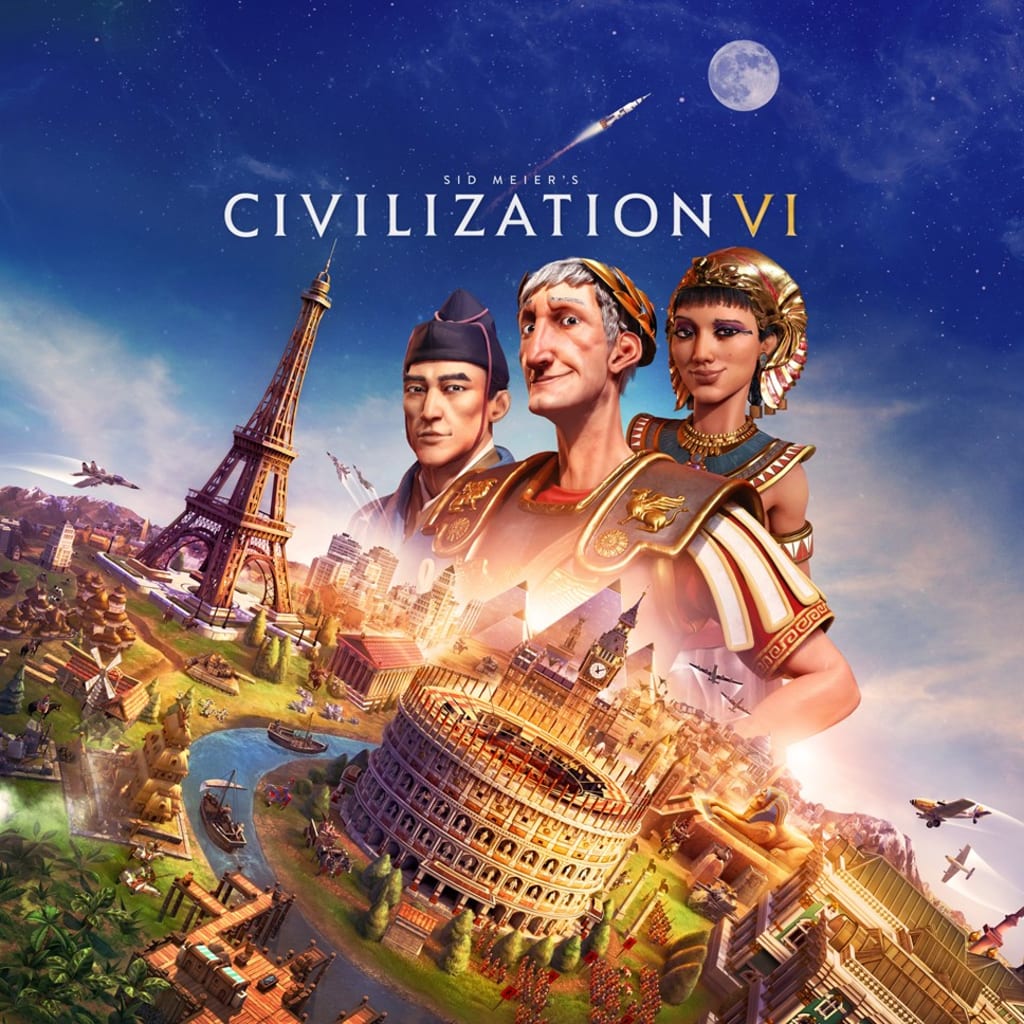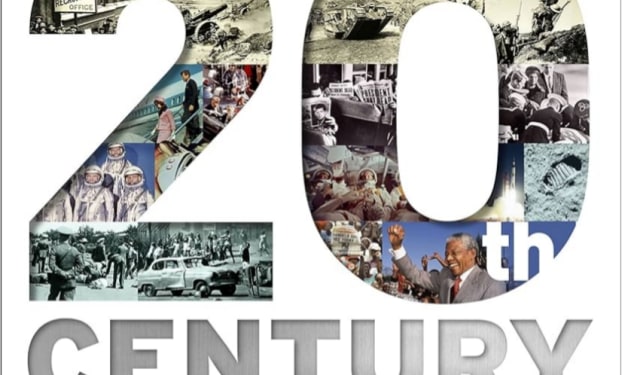Civilization
Civilization, a concept encompassing human society's most advanced form of social organization

Civilization, a concept encompassing human society's most advanced form of social organization, is a rich tapestry woven from countless threads of culture, technology, governance, and artistry. Emerging from the primordial mists of prehistory, civilization represents humanity's ascent from mere survival to the pursuit of collective progress and prosperity. In tracing the contours of civilization's evolution, one discovers a saga replete with triumphs, tragedies, and transformations that have shaped the world we inhabit today.
At its core, civilization is characterized by several defining features. Chief among these is the establishment of settled communities, where agriculture serves as the bedrock of sustenance and surplus. The advent of agriculture, marking the transition from nomadic hunting and gathering to sedentary farming, laid the groundwork for the growth of towns and cities, fostering the development of complex social structures and systems of governance.
Central to the fabric of civilization is the concept of urbanization. Cities, with their dense populations and diverse economies, serve as crucibles of innovation and exchange. From the bustling markets of ancient Mesopotamia to the towering skyscrapers of modern metropolises, cities have been hubs of commerce, culture, and creativity, driving the engine of progress forward.
One cannot speak of civilization without acknowledging the role of governance in shaping its trajectory. Whether in the form of monarchies, republics, or other systems of rule, governance structures provide the framework within which societies function and evolve. The rise and fall of empires, the drafting of constitutions, and the struggle for rights and freedoms all reflect humanity's ongoing quest to establish just and effective systems of governance that promote the common good.
Religion and spirituality have also played a profound role in the development of civilization. From the ancient temples of Egypt and Mesopotamia to the grand cathedrals of medieval Europe and the sacred shrines of the East, religious beliefs have served as both a source of solace and strife, shaping moral codes, guiding ethical conduct, and inspiring artistic expression.
Technology, too, has been a driving force behind the advancement of civilization. From the invention of writing and the wheel to the industrial revolution and the digital age, technological innovations have transformed the way we live, work, and interact with the world around us. Each new discovery, each leap forward in knowledge, has propelled humanity ever closer to the frontiers of possibility.
Art and culture, in their myriad forms, serve as the soul of civilization, reflecting the hopes, dreams, and aspirations of a people. From the epic poems of Homer to the symphonies of Beethoven, from the masterpieces of Michelangelo to the films of Kurosawa, art has the power to transcend boundaries, bridging the gaps between individuals and civilizations, and inspiring generations to come.
Yet for all its achievements, civilization is not without its challenges and contradictions. The same forces that propel progress also give rise to inequality, injustice, and conflict. Throughout history, civilizations have grappled with issues of power and privilege, of wealth and poverty, of freedom and oppression. The rise and fall of civilizations, from the glory of ancient Rome to the devastation of world wars, serve as stark reminders of the fragility of human achievement and the impermanence of earthly glory.
In confronting these challenges, civilizations have often found strength in diversity, drawing upon the richness of their cultural heritage to forge new paths forward. The exchange of ideas, goods, and peoples across borders and boundaries has been a driving force behind the dynamism and resilience of civilization, fostering innovation, adaptation, and growth.
As we stand on the threshold of a new era, the future of civilization lies in our hands. In an age of unprecedented connectivity and interdependence, the choices we make today will shape the world of tomorrow. Whether we rise to the challenges of climate change, inequality, and global conflict, or succumb to the forces of division and despair, will depend on our ability to summon the wisdom, courage, and compassion necessary to build a more just and sustainable world for all.
In the grand tapestry of human history, civilization stands as a testament to the boundless potential of the human spirit. It is a story of resilience and renewal, of triumph over adversity, and of the enduring quest for meaning and purpose in a world of infinite possibility. As we journey onward, let us remember that the true measure of civilization lies not in its monuments or achievements, but in the depth of its humanity and the breadth of its compassion.






Comments
There are no comments for this story
Be the first to respond and start the conversation.